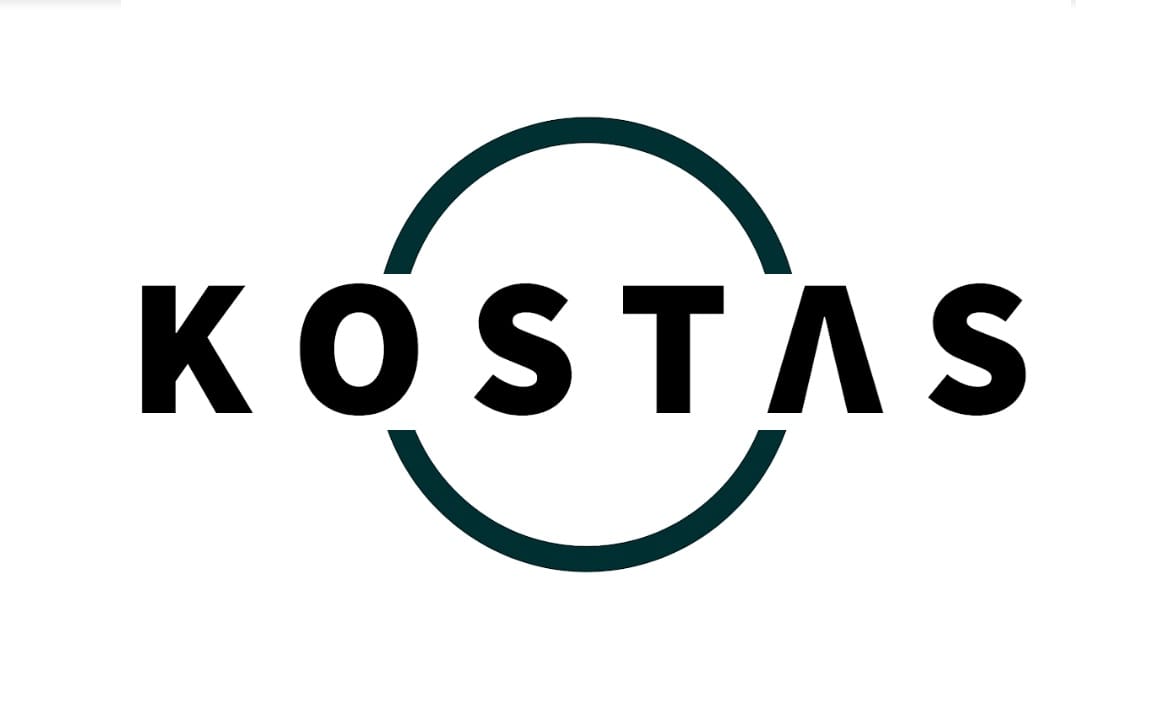Four Powerful Business Quotes with a Personal Twist
About the catchphrases I’ve picked up over the years and how I use them in both work and life. I’m sure plenty more exist, but these are some of my favorites—the ones I don’t hesitate to throw into a more personal context, borrowing a bit of lost wisdom from the corporate world.

My wife will probably hate me for this—because, more often than not, I bring work into our home. Not in the sense of constantly working during family time or weekends, but in how I approach things. I tend to treat many aspects of life the same way I do at work.
And yes, 'emotionless' might be a word that comes to mind, but those who truly know me understand that emotion is a big part of my daily work. It’s more about the approach and attitude I take rather than a lack of feeling.
I do talk a bit too much, use business examples and language more often than I should, and, sometimes, solving a problem means drawing conclusions in the form of a diagram, creating a backlog of activities with priorities, or even assigning owners with an associated budget. I know it sounds boring, but running a household, a marriage, and a family does require some basic business activities—with a pinch of discipline in between.
That said, I’m not the one actually running things. In this scenario, I’m more of a technical consultant—offering my theories and practices, which sometimes clash with the existing culture. But you can’t change who you are. You can only adjust it a little.
Now, this piece? It’s all about that. About the catchphrases I’ve picked up over the years and how I use them in both work and life. I’m sure plenty more exist, but these are some of my favorites—the ones I don’t hesitate to throw into a more personal context, borrowing a bit of lost wisdom from the corporate world.
You don't ask you don't get
This is one of my favorites—and I think I’ve mentioned it before. A former colleague once asked me for a raise, and you know what? He got it.
The ability to ask is an underrated skill. I know many people who avoid it altogether, not because they don’t want more, but because they fear the challenge or the discomfort of the conversation. But here’s a simple trick to push past that hesitation: take a step back and ask yourself, What’s the worst that could happen? More often than not, you’ll realize that the worst-case scenario isn’t nearly as bad as you imagined. In many cases, it’s just a minor disruption or a small risk compared to what you truly want.
This mindset has saved me a lot of money when negotiating quotes with workers and has also helped me secure better compensation and career opportunities. A slight variation of this ask/get approach is another phrase that opens up space for collaboration and structured negotiation: your price, my terms—and vice versa.
Most people want to make a deal. And in any deal, there’s always some level of negotiation and compromise. The key is having the courage to start the conversation.
Better ask forgiveness than permission
Another great one—packed with lessons along the way, some good, some bad, but mostly good. I’ve yet to meet a single person who has moved forward without applying this rule in some form. Doing things their own way, bending the rules a little, or taking a few shortcuts.
A recent example? A bit of family advice I gave my wife. She was spending unnecessary time trying to align with everyone, even though the solution was right in front of her. My advice? Just freaking do it. And back to my worst-case scenario analogy—what’s the worst that could happen? Maybe she’d have to ask for forgiveness later. But in the end, that wasn’t even necessary. She was already doing the right thing.
If it feels right, and you know your discipline, go for it. Don’t get caught up in barriers, obstacles, or other people’s fears.
Just do it. (Great quote from Nike, by the way.)
What got you here, won't get you there
Oh yes. How true.
I watch my son practicing his basketball skills and my daughter refining her natural talent for drawing—but it goes beyond that. You want to bring your A-game? You want to level up? Then guess what—you have to engineer your way there (not necessarily from scratch) but you need to change, adjust, adapt, redefine your approach, and learn from it.
One thing is certain: as you grow—whether in age, career, or life—this rule applies. From primary to secondary school, from player to coach, from employee to manager and then to director, from single to a couple, from a couple to married with kids. Find the example.
Changing your game requires mastering new skills, adapting, learning, failing, leaning in, failing again, learning again—until you finally excel. Because growth and comfort? They do not coexist. And that’s the truth.
What gets measured gets managed
I saved the most boring one for last. And I know what you’re thinking—I tend to agree. We can’t measure everything all the time. Well… some of us psychopaths do!
But on a serious note, the real lesson here is simple: focus when you want to see a change.
Want to lose weight? Start with calories in vs. calories out. Or if you’re aiming for a healthier diet, think about this: a week has 35 meals—can you make sure at least 33 of them are clean?
Want to fix your finances? Do you know exactly where your money goes each month? What your income streams are? How much you have in the bank—and how much you owe?
Want to tackle home improvements? Which things, when, and how? Saying you’ll fix everything at once is the same as saying you’ll fix nothing ever—unless, of course, you’re a millionaire with a project manager handling it all for you.
Fixing something starts with setting a baseline, measuring progress, and taking it one step at a time—trusting the process. I’ve yet to see another way that actually works.
There are plenty more out there, but these are the ones I find myself using and practicing in almost every suitable occasion.
They may have started as business advice, but their essence applies everywhere especially when the topic is dealing with people and 'running' things - which arguably is what everyone does, every day.




Comments ()